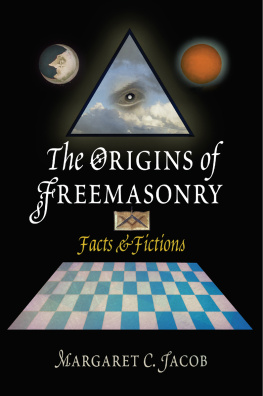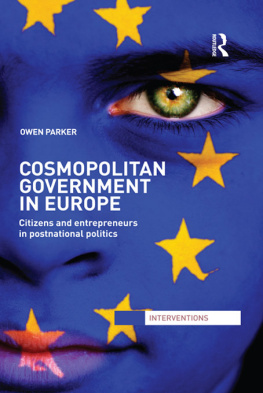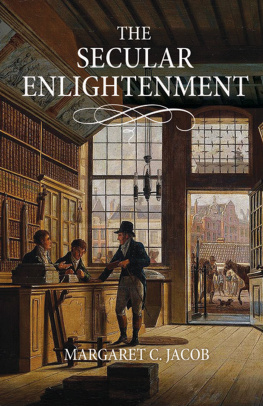Margaret C. Jacob - Strangers Nowhere in the World: The Rise of Cosmopolitanism in Early Modern Europe
Here you can read online Margaret C. Jacob - Strangers Nowhere in the World: The Rise of Cosmopolitanism in Early Modern Europe full text of the book (entire story) in english for free. Download pdf and epub, get meaning, cover and reviews about this ebook. year: 2016, publisher: University of Pennsylvania Press, genre: History. Description of the work, (preface) as well as reviews are available. Best literature library LitArk.com created for fans of good reading and offers a wide selection of genres:
Romance novel
Science fiction
Adventure
Detective
Science
History
Home and family
Prose
Art
Politics
Computer
Non-fiction
Religion
Business
Children
Humor
Choose a favorite category and find really read worthwhile books. Enjoy immersion in the world of imagination, feel the emotions of the characters or learn something new for yourself, make an fascinating discovery.

- Book:Strangers Nowhere in the World: The Rise of Cosmopolitanism in Early Modern Europe
- Author:
- Publisher:University of Pennsylvania Press
- Genre:
- Year:2016
- Rating:3 / 5
- Favourites:Add to favourites
- Your mark:
Strangers Nowhere in the World: The Rise of Cosmopolitanism in Early Modern Europe: summary, description and annotation
We offer to read an annotation, description, summary or preface (depends on what the author of the book "Strangers Nowhere in the World: The Rise of Cosmopolitanism in Early Modern Europe" wrote himself). If you haven't found the necessary information about the book — write in the comments, we will try to find it.
Jacob investigates what it was to be cosmopolitan in Europe during the early modern period. Then--as now--being cosmopolitan meant the ability to experience people of different nations, creeds, and colors with pleasure, curiosity, and interest. Yet such a definition did not come about automatically, nor could it always be practiced easily by those who embraced its principles. Cosmopolites had to strike a delicate balance between the transgressive and the subversive, the radical and the dangerous, the open-minded and the libertine. Jacob traces the history of this precarious balancing act to illustrate how ideals about cosmopolitanism were eventually transformed into lived experiences and practices. From the representatives of the Inquisition who found the mixing of Catholics and Protestants and other types of border crossing disruptive to their authority, to the struggles within urbane masonic lodges to open membership to Jews, Jacob also charts the moments when the cosmopolitan impulse faltered.
Jacob pays particular attention to the impact of science and merchant life on the emergence of the cosmopolitan ideal. In the decades after 1650, modern scientific practices coalesced and science became an open enterprise. Experiments were witnessed in social settings of natural inquiry, congenial for the inculcation of cosmopolitan mores. Similarly, the public venues of the stock exchanges brought strangers and foreigners together in ways encouraging them to be cosmopolites. The amount of international and global commerce increased greatly after 1700, and luxury tastes developed that valorized foreign patterns and designs.
Drawing upon sources as various as Inquisition records and spy reports, minutes of scientific societies and the writings of political revolutionaries,Strangers Nowhere in the Worldreveals a moment in European history when an ideal of cultural openness came to seem strong enough to counter centuries of chauvinism and xenophobia. Perhaps at no time since, Jacob cautions, has that cosmopolitan ideal seemed more fragile and elusive than it is today.
Margaret C. Jacob: author's other books
Who wrote Strangers Nowhere in the World: The Rise of Cosmopolitanism in Early Modern Europe? Find out the surname, the name of the author of the book and a list of all author's works by series.










